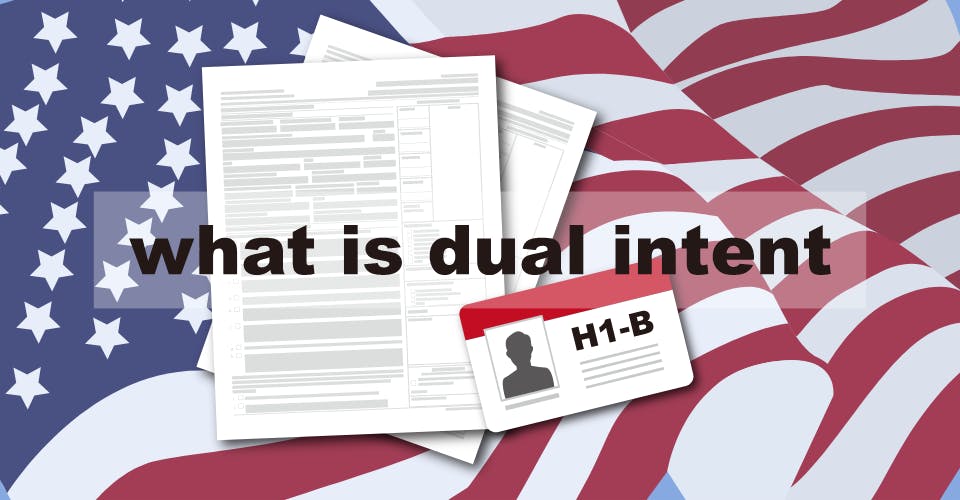So many immigrants who come to the United States might not have a good understanding of the rules, regulations, and stipulations that apply for wanting to become a legal permanent resident. In a brief Gallup survey, over 60 percent of immigrants referred to becoming a legal permanent resident as synonymous with marrying a U.S. citizen. Indeed, this is just one of the methods by which an individual can become a green card holder. There are a few other types of ways from a legal and USCIS standpoint in which an immigrant, or perhaps a non-immigrant who is on a special visa, can then become a legal permanent resident.
The most common way for an individual to adjust their status and apply for a green card when they are not married to a U.S. citizen or do not have a close family member to file a petition on their behalf is through employment— a career that changes the life and trajectory of an individual and their immigrant status.
This is where the H1-B visa comes in. The H1-B visa is given to exactly 65,000 applicants per year, and these individuals tend to be highly skilled workers with advanced (Masters or higher) degrees working in certain sectors in the U.S. economy. For more information on the importance and process of the H1-B visa, please see the following link provided by the American Immigration Council: https://www.americanimmigrationcouncil.org/research/h1b-visa-program-fact-sheet
While the purpose of the H1-B visa is for individuals to work in the United States for an allotted time period, (a period of three years with one application of renewal for an additional three years), the H1-B visa, along with a few others, also has the characteristic of what is called a “dual-intent” visa.
What is Dual Intent?
Dual intent generally refers to the fact that certain U.S. visas allow foreigners the intention to immigrate at some time in the future while properly maintaining a nonimmigrant status in the present. Unless the foreigner holds a dual intent type visa, he/she is subject to review for immigrant intent on each visit to the United States. This is important because, under other non-immigrant temporary visas, an individual cannot say during their meeting with a CBP agent at a port of entry that they are planning to stay in the United States to achieve legal permanent residence. However, the H1-B visa does give individuals this option, if they might choose to file an I-485 at a later point in time.
The main importance, then, of the dual intent visa is that it makes it much harder for an immigrant or non-immigrant to misrepresent themselves when being questioned by immigration authorities, either at a CBP entry point as mentioned, or later on during a green card interview.
There are other visas too in which an individual can file an I-485 at a later point in time because of its dual intent. These include:
- K visas (for fiancées or foreign spouses of US citizens and their minor children)
- L visas (for corporate transferees & their spouses and minor children),
- V visas (spouses and minor children of lawful permanent residents)
- O visas (for workers who have extraordinary ability and their spouses and minor children)
- P visas (for athletes, artists or entertainers, and their spouses and minor children)
Considerations
An O-1 adjustment applicant, in other words, an O visa holder, who wishes to travel outside the United States and reenter while their I-485 is pending must, like all adjustment applicants except H-1B and L, obtain advance parole before departing, or else the adjustment application will be considered abandoned.
Note: Some of the criteria that needs to be established in order for an individual/immigrant to obtain advanced parole include the following:
- Travel to support the national security interests of the United States
- Travel to support U.S. federal law enforcement interests
- Travel to obtain life-sustaining medical treatment that is not otherwise available to the alien in the United States
- Travel needed to support the immediate safety, wellbeing, or care of an immediate relative, particularly minor children of the alien














